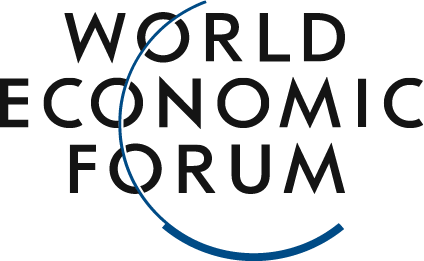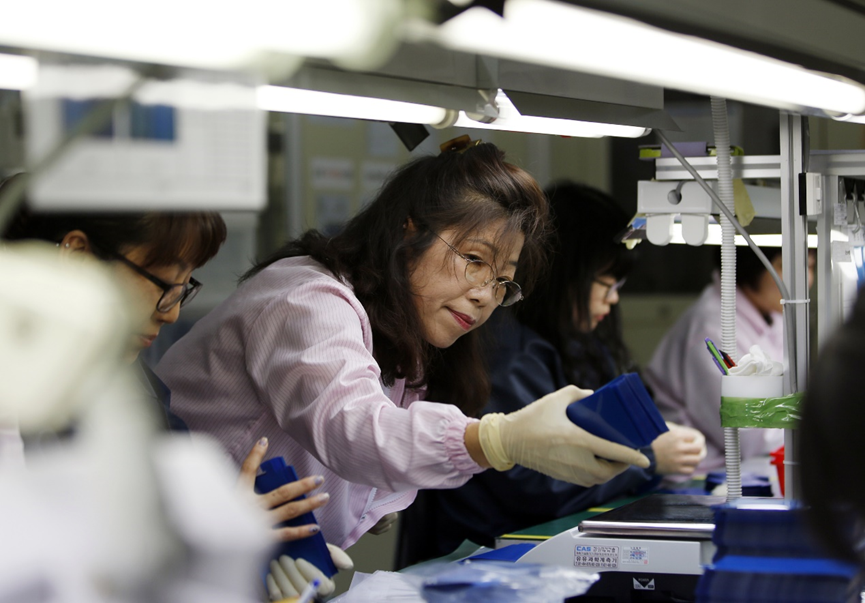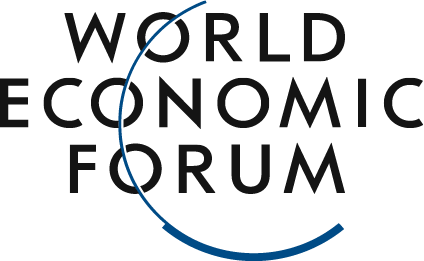Home/News/Demographic changes are posing challenges to economic growth—so how can countries effectively boost productivity?/
Demographic changes are posing challenges to economic growth—so how can countries effectively boost productivity?
2024-11-09
:/ Kim Hong-Ji
Jan-Willem Scheijgrond
Paul Donovan
Current economic activities and societal resource consumption are placing unsustainable pressure on the health of our planet. This calls for accelerating the clean transition and fostering sustainable development across sectors such as agriculture, mining, manufacturing, housing, and transportation.Governments worldwide need to assess the economic and demographic impacts of these changes, while striking a balance between long-term transformation investments—such as renewable energy—and short-term needs, like affordable energy.In the process of forecasting, overcoming challenges, recovering, and transitioning to new forms of growth, countries will inevitably experience both successes and setbacks. A resilient society, however, will have enough success stories to create a safety net for those less fortunate. That’s why it’s crucial to keep investing in innovation, inclusivity, and sustainability—ensuring that our societies can adapt to current and future economic and demographic shocks.How a country balances short-term growth with long-term growth requires an honest dialogue with its people, the establishment of a new social contract, and a clear vision of the kind of economy and society it aspires to build.Governments worldwide should anticipate how demographic shifts and transformations will impact growth. A straightforward first step is to ask a simple question about the nation’s growth strategy: "How will we be thriving in 50 years?" Answering this question will provide us with a clear roadmap for achieving sustainable growth—and will help chart a course for navigating the inevitable challenges of an aging society ahead.
The above content solely represents the author's personal views.This article is translated from the World Economic Forum's Agenda blog; the Chinese version is for reference purposes only.Feel free to share this in your WeChat Moments; please leave a comment below the post if you'd like to republish.
Translated by: Sun Qian | Edited by: Wang Can
The World Economic Forum is an independent and neutral platform dedicated to bringing together diverse perspectives to discuss critical global, regional, and industry-specific issues.
Follow us on Weibo, WeChat Video Channels, Douyin, and Xiaohongshu!
"World Economic Forum"





